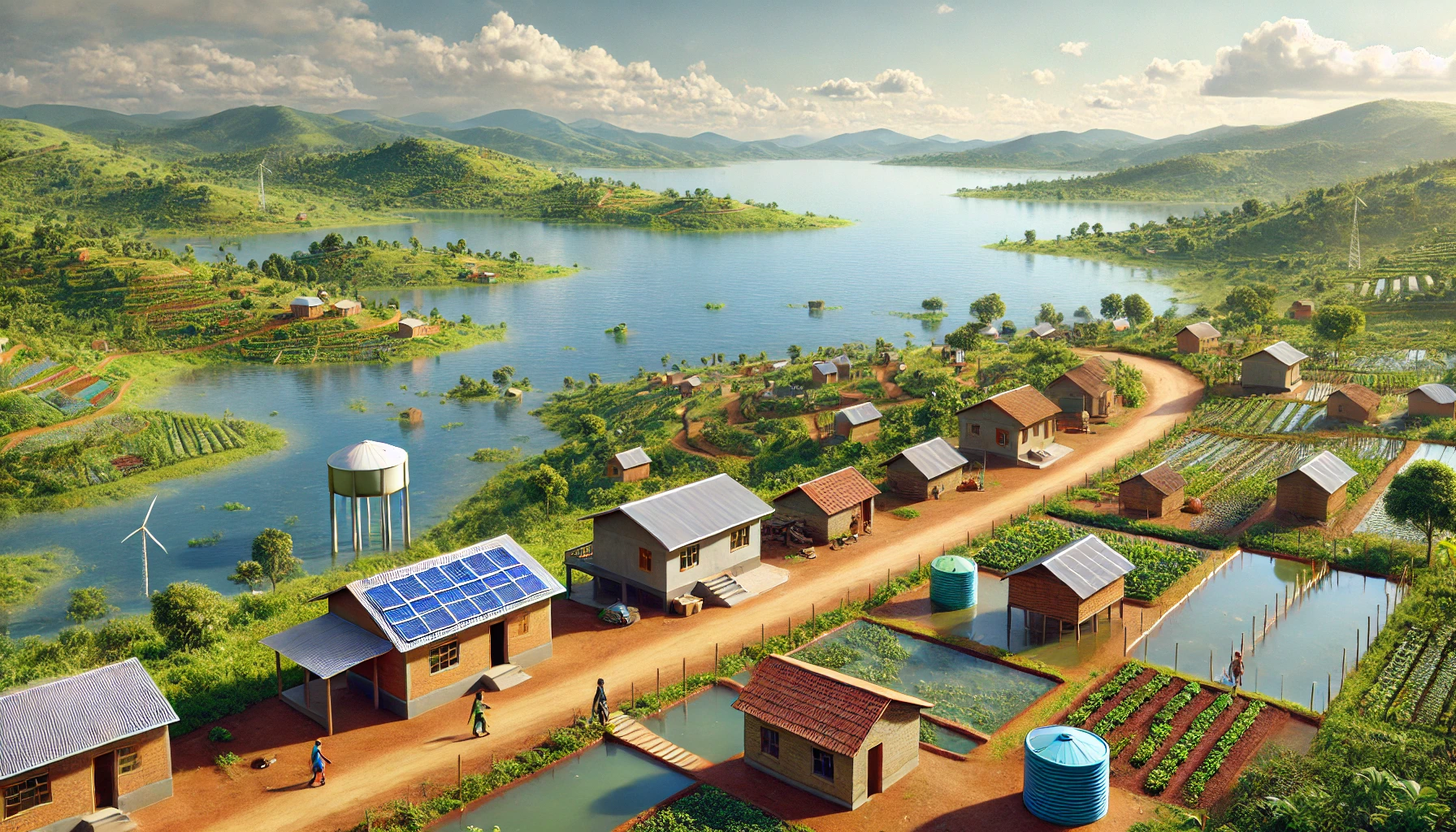AfDB Approves $62M Emergency Grant to Rebuild Health, Water, Education in Sudan
In the absence of functioning public systems, vast swathes of the Sudanese population have been left without access to safe drinking water, medical care, and schooling.

- Country:
- Sudan
The African Development Bank Group (AfDB) has announced the approval of a $62.13 million emergency grant to support Sudan’s urgent recovery efforts amid a deepening humanitarian crisis triggered by civil conflict. The funds will be channeled into the Sudan Integrated Social Sector Infrastructure Rehabilitation Project (SISSIRP), a two-year initiative (2025–2027) aimed at restoring basic public services in the war-torn nation.
Approved on 11 July 2025 by the AfDB Board of Directors, the package includes $44.57 million from Pillar 1 of the Transition Support Facility (TSF) and $17.56 million from the African Development Fund (ADF), the Bank’s concessional financing window for low-income countries. This lifeline comes at a time when Sudan is reeling from conflict, displacement, and widespread collapse of essential services.
A Nation in Crisis
Since the civil conflict erupted in 2023, Sudan has descended into one of the world’s most severe humanitarian emergencies. According to estimates, 30.6 million people—over two-thirds of the population—are in urgent need of humanitarian assistance. Among them, 11.5 million are internally displaced, and more than half (54%) are women. The protracted violence has decimated the country’s healthcare, education, and water infrastructure, especially in conflict-prone and underserved regions.
In the absence of functioning public systems, vast swathes of the Sudanese population have been left without access to safe drinking water, medical care, and schooling. The resulting deterioration in living standards has exacerbated poverty, widened gender and regional inequalities, and significantly undermined efforts toward national development and stability.
Focus Areas and Target Regions
The SISSIRP project will focus on four states: Aj Jazira, River Nile, Sennar, and White Nile. These states were selected based on levels of vulnerability, displacement, and infrastructure damage, as well as the capacity for immediate project implementation.
The initiative is structured around three key components:
-
Strengthening Social Infrastructure and Systems This includes the rehabilitation and restoration of critical infrastructure in the health, education, and WASH (water, sanitation, and hygiene) sectors. The project will rebuild destroyed clinics, schools, and water supply systems, enabling thousands to regain access to essential public services.
-
Capacity Development and Community Engagement Recognizing that resilient infrastructure requires resilient communities, this component will focus on building local capacities. Training programs for health workers, teachers, engineers, and administrators will be paired with community-led planning and maintenance structures to ensure sustainability. Special attention will be given to youth inclusion, women’s empowerment, and skills development.
-
Governance and Implementation Support To ensure transparency, accountability, and equitable access, the AfDB will implement robust monitoring and evaluation mechanisms. This includes establishing safeguards to prevent corruption, guarantee fair resource distribution, and build public trust in post-conflict reconstruction efforts.
Strategic Alignment and Vision
Mary Monyau, the Bank’s Country Manager for Sudan, emphasized the program's strategic importance:
“This project is a crucial step towards rebuilding lives and livelihoods. By restoring access to clean water, healthcare, and essential infrastructure, we are not only addressing immediate humanitarian needs but also laying the foundation for long-term resilience and development.”
The SISSIRP aligns with the AfDB’s extended Country Brief for Sudan, as well as its Ten-Year Strategy (2024–2033). It contributes directly to the Bank’s “High 5” priority: Improve the Quality of Life for the People of Africa. Sub-themes addressed include access to basic drinking water, coverage of essential health services, and inclusive youth employment and education.
Hope Amid Crisis
While challenges remain immense, the grant signals renewed international support for Sudan’s civilian populations, especially in neglected and underserved areas. The project also reinforces the role of infrastructure restoration not just as a humanitarian imperative, but as a vital pillar for peacebuilding, resilience, and economic revitalization.
Sudan’s road to recovery will be long, but with strategic investments like SISSIRP, the path becomes more defined. By focusing on the restoration of basic social services and empowering communities to take ownership of their recovery, the initiative marks a vital first step toward a more hopeful and sustainable future for millions of Sudanese.










